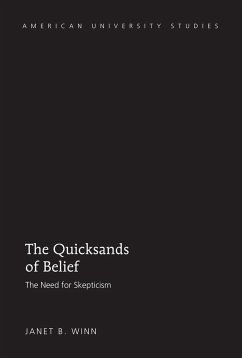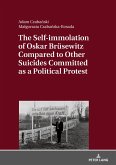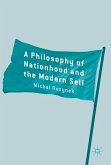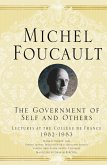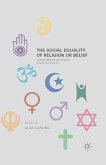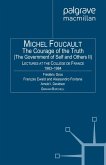The Quicksands of Belief: The Need for Skepticism draws on history, anthropology, sociology, philosophy, and the cognitive sciences in an accessible, non-academic style in order to argue that humans don't question enough. Instead, uncritically accepting the often absurd beliefs swirling around them, too many lack the skepticism needed to avoid global disaster. The claim of this book is that humans need to question everything they think they know.
The way the human brain works is impressive and has taken Homo sapiens a long way. However, it is also the source of our failure to doubt. Janet B. Winn explores consciousness first, then the sense of self and how it affects thought. Subsequent chapters deal with beliefs - about reality, politics, religion, pseudo-science - and attempts made to explain human behavior by the social sciences. This concept includes a consideration of the failure to grasp the meaning of evolution, the evolution of language, and how language distorts understanding, along with the role culture plays in these distortions. The remarkable human brain has made an extraordinary creativity possible, yet this ability is used to find ever-more powerful ways to destroy the planet and its inhabitants. Winn argues that this sequence follows primarily from absolutist thinking. In spite of the fact that we cannot know what is true with any certainty, we try to impose our certainties on each other, leading to the lies and chaos of the political world, to the destruction of the environment, and to war.
The way the human brain works is impressive and has taken Homo sapiens a long way. However, it is also the source of our failure to doubt. Janet B. Winn explores consciousness first, then the sense of self and how it affects thought. Subsequent chapters deal with beliefs - about reality, politics, religion, pseudo-science - and attempts made to explain human behavior by the social sciences. This concept includes a consideration of the failure to grasp the meaning of evolution, the evolution of language, and how language distorts understanding, along with the role culture plays in these distortions. The remarkable human brain has made an extraordinary creativity possible, yet this ability is used to find ever-more powerful ways to destroy the planet and its inhabitants. Winn argues that this sequence follows primarily from absolutist thinking. In spite of the fact that we cannot know what is true with any certainty, we try to impose our certainties on each other, leading to the lies and chaos of the political world, to the destruction of the environment, and to war.

